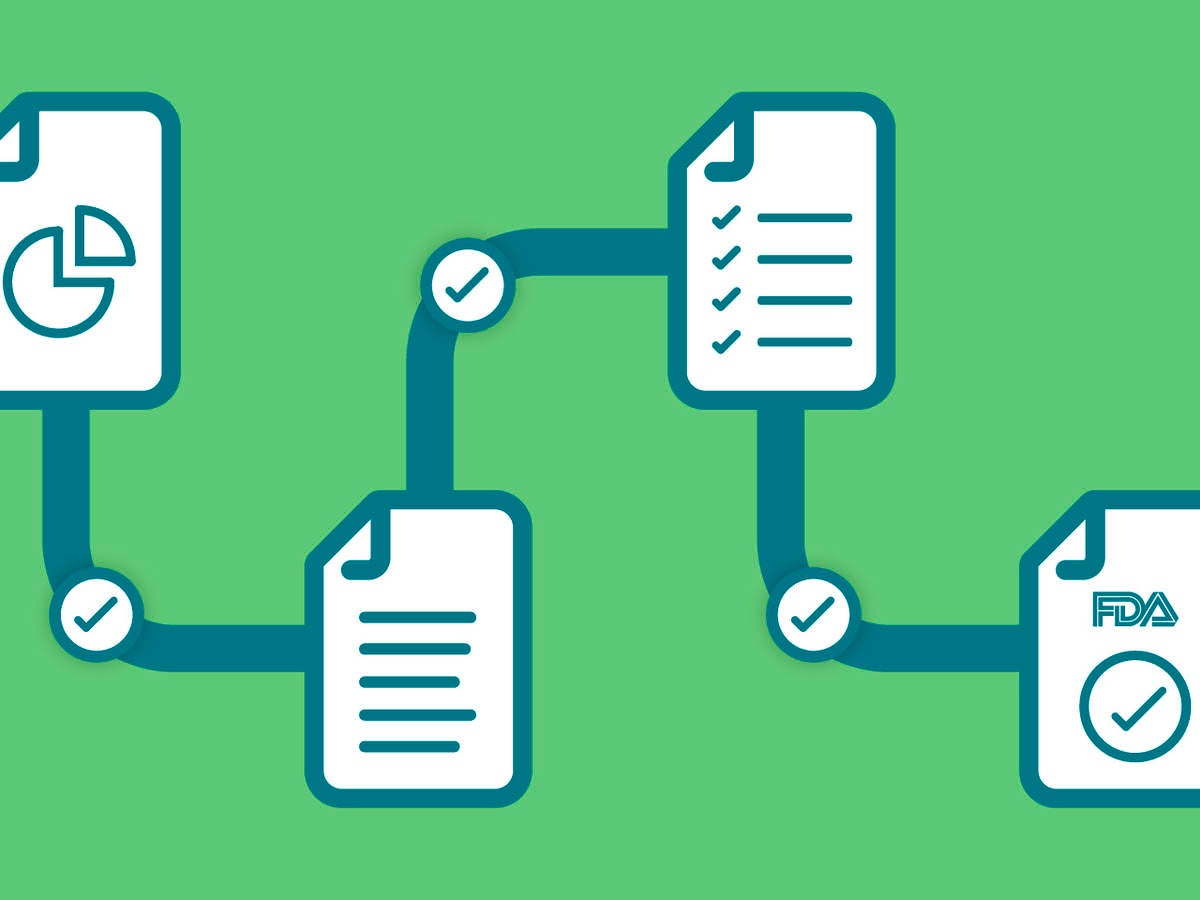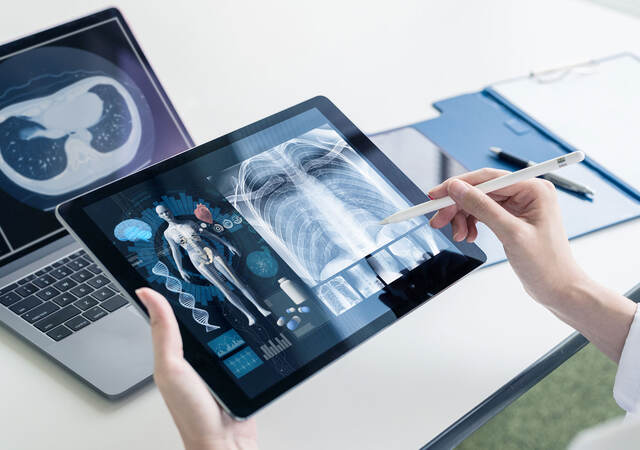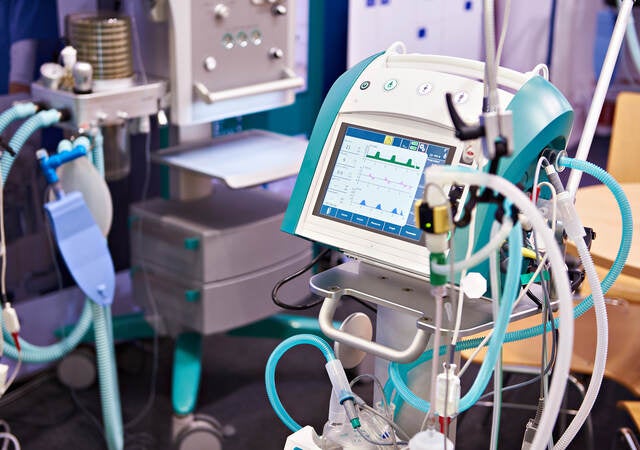April 7, 2023
By Sarah Fitzgerald
There are many challenges involved in getting a novel medical device successfully to the US market to make a difference in healthcare. From a high-level standpoint, there are four major challenges, each of which could be subdivided. These are:
- Inspiration for something novel.
- Developing the device, including obtaining any necessary investments and conducting appropriate testing.
- Obtaining market access through submission of the appropriate premarket submission to the FDA Center for Devices and Radiological Health (CDRH) and obtaining appropriate FDA authorization. In many cases, the appropriate pathway for these devices is a de novo application, although a premarket application (PMA), humanitarian device exemption (HDE), or 510(k) may be appropriate in some cases.
- Developing market acceptance. It doesn’t matter if a company has made the best possible device if no one knows about it or buys it for any reason. One of the primary challenges here can be ensuring that there is an appropriate payor reimbursement code and therefore payment coverage.
Early communication with FDA
For any novel medical device, Emergo by UL and the US Food and Drug Administration (FDA) recommend holding at least one Q-submission meeting prior to submitting a premarket submission. Additionally, Emergo by UL notes that in most cases, novel devices would qualify either for the FDA breakthrough device (BTD) designation or the safer technologies program (STeP) designation, which allow more options as far as Q-submissions.
In general, most novel medical devices require some level of clinical evidence in order to be authorized by the FDA and therefore enter the market. They also generally require some level of clinical evidence to be assigned an appropriate reimbursement code (which may be new) and positive payment coverage. However, the FDA, responsible for market access, and payors, responsible for reimbursement codes and coverage, are often looking for somewhat different things, and so multiple clinical studies have often been needed to address both concerns.
To help address this, the FDA has implemented an early payor feedback program. Essentially, the medical device sponsor requests a Q-submission from the FDA, following the standard process. The sponsor requests that one or more participating payor organizations (of which there are over a dozen at this time) joins the Q-submission meeting prior to submitting the Q-submission to the FDA, and the FDA will work with the selected organizations to confirm their interest and availability. The Q-submission meeting will then include both the FDA and any selected and interested payors, allowing feedback from both, and hopefully reducing overall clinical requirements.
Additionally, the FDA and Centers for Medicare and Medicaid Services (CMS) have a parallel review program which allows FDA and CMS to simultaneously review clinical data to reduce the time between FDA’s authorization and subsequent CMS national coverage determination. Preference for this program is given to devices that have gone through the early payor feedback program.
Conclusion
The hope is therefore that the early payor feedback program and parallel review program will allow medical device companies with novel devices to have a shorter time until those devices are profitable to provide a favorable return on investment for all of the hard work, time, and money that has been spent developing the medical device.
How Emergo by UL Can Help
Although Emergo by UL does not directly provide support for reimbursement itself, Emergo can provide assistance related to regulatory pathways, BTD or STeP designation requests, Q-submissions (including those seeking early payor feedback), and premarket submissions including de novo submissions.
Sarah Fitzgerald is Senior Consultant, Quality and Regulatory Affairs at Emergo by UL.
Request more information from our specialists
Thanks for your interest in our products and services. Let's collect some information so we can connect you with the right person.






